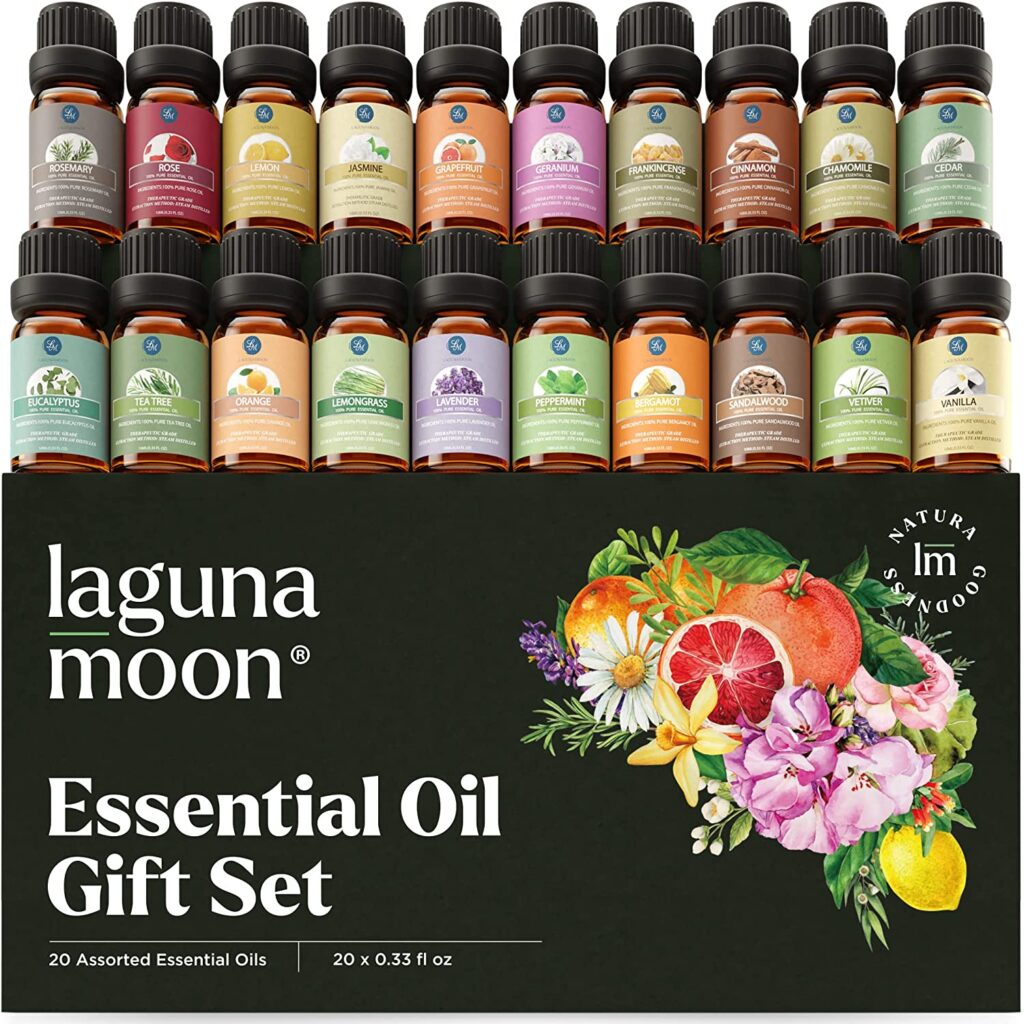Living with asthma can be challenging, but there are natural remedies that can help alleviate symptoms and improve your quality of life. In this blog post, we will explore simple yet effective asthma at home remedies that can provide relief and promote overall respiratory health. Whether you’re seeking alternative treatments or looking to complement your existing asthma management plan, these remedies are worth considering.
What Causes Asthma?
Asthma is a chronic respiratory condition that affects millions of people globally. Understanding the causes of asthma is crucial for managing and preventing asthma attacks. There are several factors that can trigger asthma symptoms. One of the main causes is exposure to allergens such as dust mites, pet dander, and pollen. Other common triggers include respiratory infections, exercise, and exposure to irritants like tobacco smoke or air pollution. Furthermore, certain genetic and hereditary factors can increase the likelihood of developing asthma.
By identifying and minimizing exposure to these triggers, individuals can take steps towards managing their asthma symptoms effectively. Exploring asthma at home remedies can also provide relief and contribute to better asthma control.
Effective Asthma at Home Remedies
Note: Some of the links here are affiliate links. There’s NO additional cost for you, but it does help our team to earn some coffee money to help write more health tips for you.

1. Ginger
This powerful root has been used for centuries in traditional medicine to treat various respiratory conditions, including asthma. Ginger contains compounds that help to reduce inflammation in the airways, making it easier for you to breathe. You can consume ginger in various forms, such as adding it to your tea, incorporating it into your cooking, or even chewing on a small piece of fresh ginger. To make ginger tea, grate a small piece of ginger, steep it in hot water for 5-10 minutes, strain, and enjoy.
2. Honey
Honey has long been used for its medicinal properties, including soothing coughs and reducing inflammation in the airways, making it effective in controlling asthma. It acts as a natural expectorant, helping to remove mucus from the airways and reduce coughing. Mix one teaspoon of organic honey in a glass of warm water or herbal tea and drink it slowly. Ideally, consume this mixture before bedtime to experience its maximum benefits.
3. Eucalyptus Oil
Eucalyptus oil is known for its decongestant properties and can help ease breathing difficulties associated with asthma. Its anti-inflammatory properties can help to reduce airway inflammation, making it easier to breathe. You can add a few drops of eucalyptus oil to a diffuser or a bowl of hot water and inhale the steam for relief. Alternatively, you can dilute eucalyptus oil with a carrier oil, such as coconut oil, and massage it onto your chest for relief.

Laguna Moon Essential Oil Gift Set
From calming lavender and soothing chamomile to refreshing eucalyptus, this set of 20 essential oils has something for everyone.
4. Omega-3 Fatty Acids
Omega-3 fatty acids have been shown to reduce inflammation in the body, including the airways, and can provide relief from wheezing and shortness of breath. Incorporating foods rich in omega-3s, such as salmon, flaxseeds, and walnuts, into your diet can help manage asthma symptoms. Alternatively, you may consider taking omega-3 supplements after consulting with your healthcare provider.
5. Breathing Exercises
Practicing breathing exercises can help improve lung capacity and control breathing during asthmatic episodes. Two popular techniques include pursed lip breathing and diaphragmatic breathing. Pursed lip breathing involves inhaling through the nose and exhaling slowly through slightly pursed lips. Diaphragmatic breathing focuses on deep belly breaths, allowing the diaphragm to expand fully. You can also practice these exercises daily to reduce the frequency and severity of asthma attacks.
6. Steam Inhalation
One of the easiest and most effective asthma at home remedies is steam inhalation. The warm moisture from the steam helps to open up the airways, making breathing easier. Simply boil water, pour it into a bowl, and place your face over the bowl, covering your head with a towel to trap the steam. Breathe deeply for 5-10 minutes. You can add a few drops of essential oils such as eucalyptus or peppermint for added benefits.

7. Turmeric
This vibrant yellow spice contains a compound called curcumin, which has potent anti-inflammatory and antioxidant properties that can help manage asthma symptoms.You can incorporate turmeric into your meals or drink a glass of warm milk with a teaspoon of turmeric powder to reap its benefits. Another way is to take turmeric supplements after consulting with your healthcare provider.
8. Coffee
Caffeine present in coffee acts as a bronchodilator, helping to open up the airways and improve breathing. In fact, a 2010 research review shows that caffeine slightly improves breathing for people with asthma for up to 4 hours. So, enjoy a cup of coffee in the morning to experience its beneficial effects on your asthma symptoms.
9. Garlic
The sulfur compounds found in garlic have been found to reduce inflammation in the airways and improve lung function. Since asthma is an inflammatory disease, consuming garlic can ease symptoms. It can easily be incorporated into your cooking or consumed it raw for maximum benefits.
Lifestyle Changes

Yoga and Tai Chi
These ancient practices combine deep breathing exercises with gentle movements, promoting relaxation and improving lung function. Regular practice of yoga or tai chi can help reduce asthma symptoms and enhance overall well-being.
Clean Indoor Air
Ensure that your home is free from potential asthma triggers such as dust mites, pet dander, and mold. Regularly clean and vacuum your living space, use high-quality air filters, and keep humidity levels in check to maintain clean indoor air.
The Bottom Line
While asthma is a chronic condition that requires proper medical management, these natural home remedies can complement your treatment plan and provide relief from your symptoms. Remember, it’s important to consult with your healthcare provider before trying any new remedies, especially if you’re currently using prescription medications.
Incorporating these asthma at home remedies into your daily routine can provide significant relief from asthma symptoms and improve your overall lung health. Strive to be consistent and patient as it may take time to notice the full benefits. Take control of your asthma and breathe easy with these natural solutions.
Your Must-Have Guide to Ailments, Diagnosis & Unexpectedly Effective Home Remedies
Authored by 2 real doctors and a survivalist prepper, The Home Doctor, will enable you to (1) find a common “antibiotics” plant, (2) diagnose the type of abdominal pain you have, and (3) do so much more.







